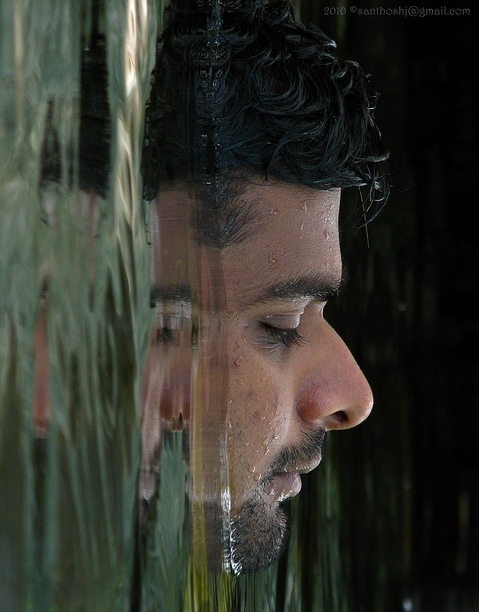People don’t know what the word mystic means anymore, most of the time.
When I told one person that I was a mystic, he asked if I was a wizard.
Here is the definition I use:
Mystic: a person who claims to attain, or believes in the possibility of attaining, insight into mysteries transcending ordinary human knowledge, as by direct communication with the divine or immediate intuition in a state of spiritual ecstasy.
There have been mystics in all cultures and throughout history. There have been Christian mystics like Emmanuel Swedenborg and Meister Eckhart. There have been Muslim mystics like Rumi. Some have argued that Jesus was a Jewish mystic.
I find a great difference between a Mystic and a Religious Person.
The Buddha was a mystic. He was trying to penetrate ultimate reality. Ultimate reality in a Buddhist context is sometimes defined as oneness and sometimes defined as emptiness. That’s because it is difficult to grasp. We should expect it to be difficult to grasp because it’s ultimate reality.
It’s said that he saw the true nature of things while he was sitting under a tree, in great determination to find the causes of suffering.
When he realized the truth, he saw a star twinkling in the sky and he thought to himself, “I am twinkling.” This is because he had attained the dissolving of boundaries. He had touched oneness.
And I don’t want to be like Buddha so much as I want to do what he did. I want to engage with Ultimate Reality. We usually call it Enlightenment. And it’s available to us right now.
Zen Master Dogen described Enlightenment as a transcendent state, “the dropping away of body and mind” in which we experience ourselves as part of a connected whole rather than as separate individuals.
He said Enlightenment isn’t something we’re journeying toward. Rather, it’s something we are allowing to unfold. He said that the mystical practice of touching transcendence through meditation is, in itself, enlightenment.
It’s here already.
We just have to engage with it.
So, why do I call myself a Mystic?
Mainly because I’m not a monk. Some Buddhists have monastic vows that they take and I don’t. I am, nevertheless, really devoted to Buddhist practice. I’ve taken Bodhisattva Vows, which involves taking it upon myself to save all beings.
Buddhism is not theistic or atheistic. It’s pantheistic. All things are sacred. It’s not a path of salvation. It’s a path of transformation.
I’m constantly engaged in furthering my mystical life.
I don’t seek to follow in the footsteps of the Buddha or anyone else. Not really. I seek what they sought.
It’s been said that Huineng, the 6th Ch’an Patriarch, experienced a state of oneness from hearing one line from the Diamond Sutra being chanted out loud. This set him on the mystical path. We don’t know what those lines were, at least they haven’t been recorded. But my favorite passage from the Diamond Sutra is this:
So you should view this fleeting world —
A star at dawn, a bubble in a stream,
A flash of lightening in a summer cloud,
A flickering lamp, a phantom, and a dream.
We get so attached to the labels that we ourselves create.
The mystic seeks to dissolve artificial boundaries and labels, to engage with transcendent reality.
The Advaita Mystic Nisargadatta Maharaj said it best, I think. He said,
“Wisdom tells I am nothing. Love tells me I am everything. Between these two my life turns.”
Because nothing and everything are labels too. Both are true.
Love elephant and want to go steady?
Sign up for our (curated) daily and weekly newsletters!
Editor: Catherine Monkman
Photo: Santhosh Janardhanan/Flickr












Read 2 comments and reply